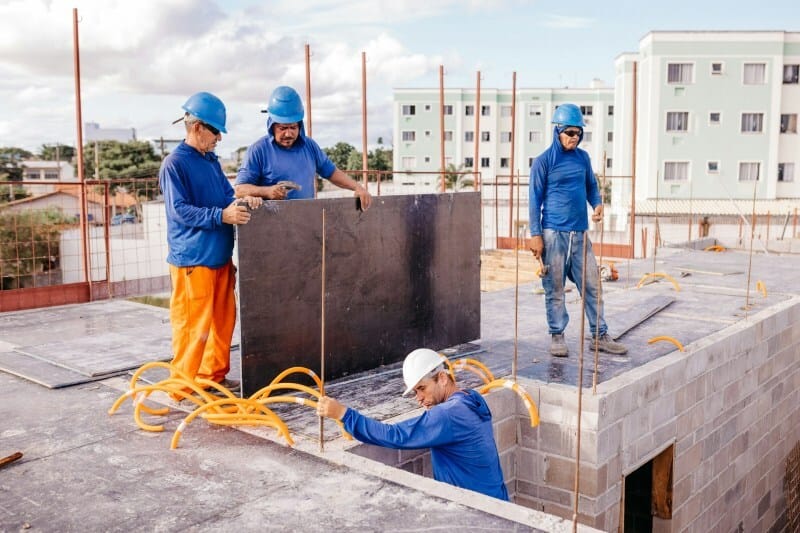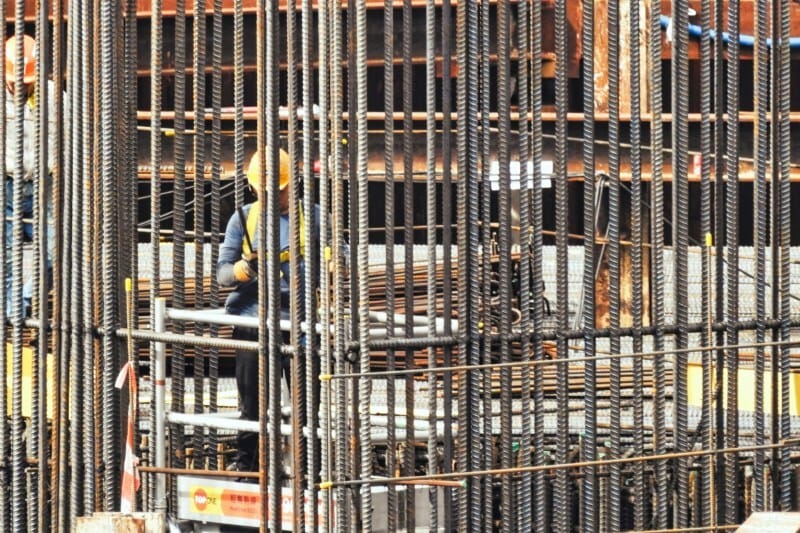Complexity Beyond Concrete and Steel
Building a hotel is not merely another commercial development. Unlike warehouses, offices, or retail centres, hotels operate as immersive environments—places where people rest, relax, work, and spend time with high expectations for comfort, privacy, and safety.
Each of these expectations demands a series of precisely engineered design decisions. A general construction approach, however proficient, may overlook critical experiential and operational aspects essential to successful hospitality spaces.

More Than Just Building Codes
Engaging a hotel construction consultancy is not about adding another layer of bureaucracy. It’s about enlisting professionals who speak the language of hospitality architecture. These experts understand how plumbing networks must accommodate fluctuating occupancy rates, or how guest room layouts should minimise sound transfer. General contractors may be highly capable, but the nuances of hotel design often require specialists who can forecast issues long before they materialise on-site.
Acoustic Expectations in Guest Spaces
Hotels demand an advanced approach to soundproofing. It’s not just about adding insulation; it’s about carefully calibrating wall assemblies, floor underlays, and mechanical noise buffers. Guests won’t tolerate disturbances from hallways, lifts, or neighbouring suites. Addressing these concerns during planning rather than post-construction can prevent expensive retrofits and unhappy guests. Specialist consultants bring with them a finely tuned awareness of how acoustics can make or break a guest’s perception.

Mechanical, Electrical, and Plumbing Systems: A Balancing Act
Unlike in standard commercial structures, where system usage tends to be more predictable, hospitality environments experience variable loads at unpredictable intervals. HVAC systems must adjust room-by-room, water pressure must remain consistent on all floors regardless of occupancy, and emergency systems need to function without compromise. An experienced consultant anticipates these challenges and integrates flexible, efficient infrastructure tailored to hospitality needs.
Guest Flow and Operational Logic
Flow within hotels must strike a delicate balance between visibility and discretion. Guests need intuitive access to amenities, but staff operations should remain largely invisible. Misalignments in spatial planning—like placing service corridors where guest traffic peaks—can disrupt ambience and efficiency. Expert consultants map these movements in detail, ensuring seamless transitions between front-of-house and behind-the-scenes spaces.

Fire Safety and Emergency Planning
Hotels carry unique risks when it comes to emergency scenarios. Multiple floors, high overnight occupancy, and unfamiliar visitors create a complicated risk landscape. Fire compartmentation, alarm zoning, and evacuation protocols must be tailored to support rapid and clear response strategies. A consultant who understands hospitality-specific regulations and real-world behaviour under stress can design systems that go beyond compliance, towards genuine life safety.
Brand Standards and Guest Experience
Global hotel brands come with established expectations—from material finishes and lighting schemes to technology integration and room dimensions. A general contractor might execute well, but without an understanding of hospitality benchmarks, costly deviations from brand standards can occur. Consultants bring fluency in brand guidelines, ensuring aesthetic consistency and operational integrity from reception to rooftop.

Construction Sequencing and Revenue Forecasting
One of the more overlooked aspects of hotel builds is the interplay between construction progress and opening timelines. The ability to stagger openings, accelerate FF&E installation, or phase MEP commissioning impacts both cash flow and marketing plans. Hotel specialists understand how to align construction stages with business objectives, ensuring that timelines serve both builders and operators.

Designing for the Future, Not Just Today
The hotel landscape is evolving—integrating smart technology, sustainable operations, and flexible use spaces. Designing for adaptability requires foresight beyond the norm. Consultants embedded in the hospitality sector are better positioned to anticipate these shifts, embedding future-ready solutions within the current build strategy.
General construction skills are essential, but when the goal is to deliver a refined, guest-centric space that operates flawlessly, a broader lens is needed. The complexity of hotel projects—ranging from technical systems to human experience—demands the input of those who specialise. Bringing in a hotel-focused consultant doesn’t slow the project; it accelerates its success.
The post Hotel vs. General Construction: Why You Need a Specialist Consultant appeared first on Moss and Fog.